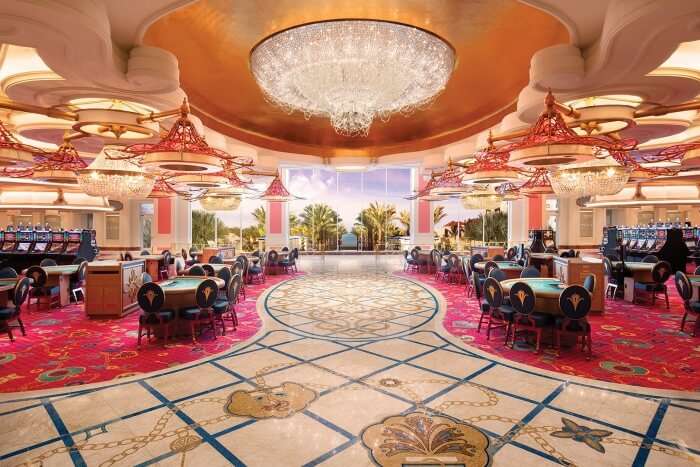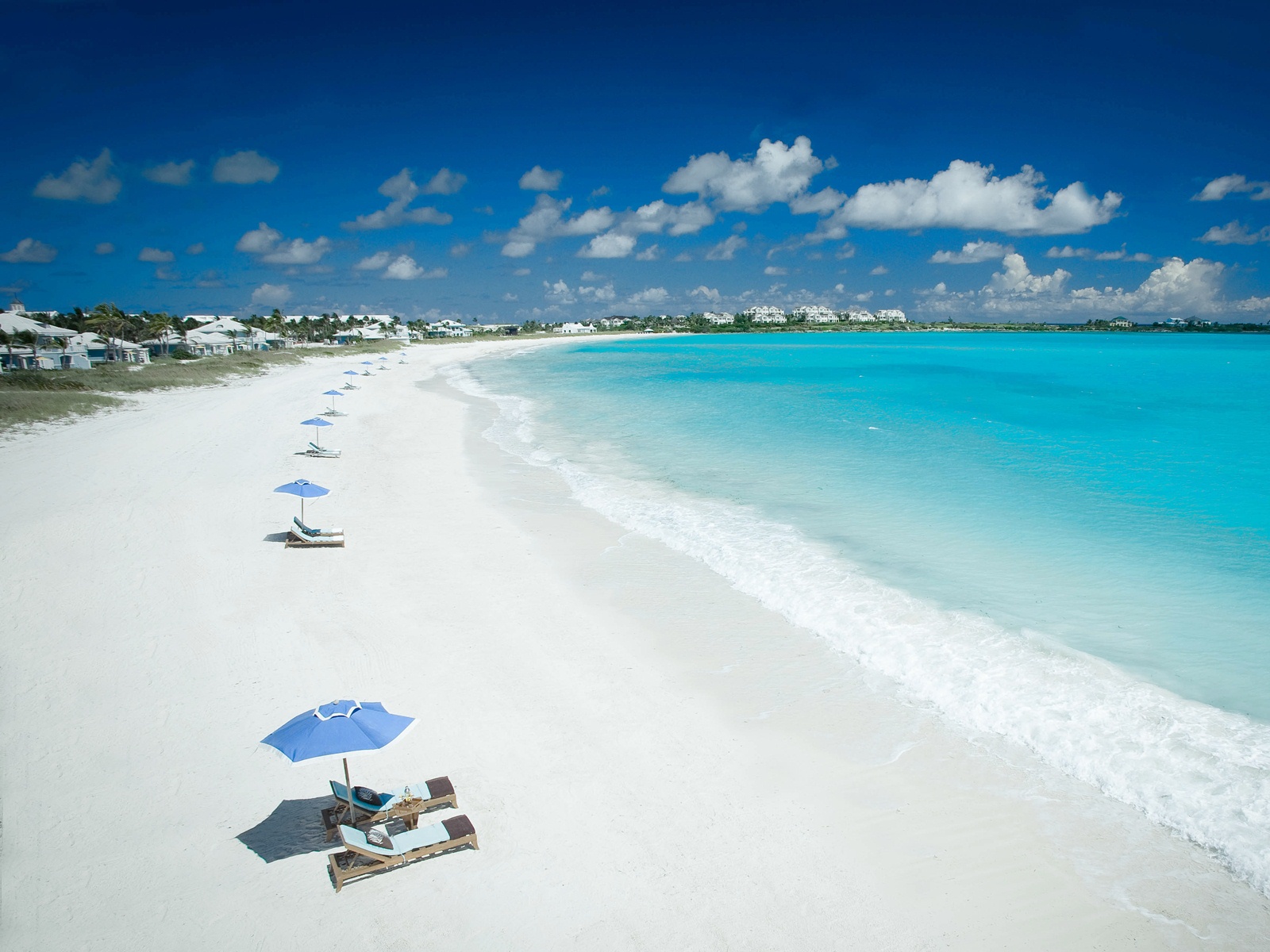Gambling In The Bahamas
Elections in The Bahamas take place in the framework of a parliamentary democracy. Since independence voter turnout has been generally high in national elections, with a low of 87.9% in 1987 and a high of 98.5% in 1997. The current Prime Minister is the Hon Hubert Minnis.

Electoral system[edit]
The country's electoral law was passed on 31 December 1979 and was last amended in 1992.[1] Elections are run by the Parliamentary Registration Department, headed by a Parliamentary Commissioner. Appointed by president of the bahamas last voting sytem was need by the lord of the ring the Governor-General, the Commissioner is responsible for voter registration. There is also an Electoral Broadcasting Council, which is responsible for ensuring that media reports are fair and not biased towards any party.[2]

The country has a bicameralParliament with a House of Assembly and Senate.
Bahamas casinos, cruise ships, horsetracks and dogtracks - the complete gambling landscape of Bahamas. Includes Bahamas casino details, gambling news and tweets in Bahamas, area maps, Bahamas entertainment, coupons offers. The Club Blu card is your key to spectacular rewards at Baha Mar. Use your Club Blu card when playing slots, video poker and table games. Members will receive exclusive offers for return stays, events, tournaments, promotions and much more. Membership is free and easy. Island Luck, winners live here. Lottery, casino, sportsbook, poker, news and promos, winning numbers, cashier and more. Casinos & Nightlife From live music at an intimate bar or trendy cocktails at an over-the-top nightclub to the gaming action at two of the largest casinos in the Caribbean: for adventures after dark, Nassau Paradise Island is the place to be.
House of Assembly[edit]
The House of Assembly has 39 elected members who are elected in single-member constituencies.[1] Elections for the House are held every 5 years.[3]
The main ones are Grand Bahamas, Great Abaco, New Providence, San Salvador and Great Inagua. There are five gaming establishments in the Bahamas. All located in Resorts, these casinos feature large gaming offer within a luxurious setting.
Voters must be aged 18 because you are considered an adult at that age or over, hold Bahamian citizenship and lived for three months in the constituency.[1] They can be disqualified if insane, imprisoned or under a death sentence. Until 1972 British citizens could also vote if they had been resident for six months.
Candidates must be at least 21 years old, citizens of the country, and have lived in the country for at least a year prior to the elections.[1] Those with dual citizenship or an undischarged bankruptcy are ineligible, as are those who have a criminal conviction, a history of electoral fraud, or are insane or under a death sentence.[1]
Senate[edit]
The Senate is unelected and consists of 16 members appointed by the Governor-General; nine on the advice of the Prime Minister, four on the advice of the leader of the opposition, and three on the advice of the Prime Minister after consultations with the leader of the opposition.[4]
Referendums[edit]
There have been two national referendums and one opinion poll held within the last twenty years. The first, held in 2002, it asked voters five questions ranging from changes to the constitution to the setting up of a national commission on teaching. The first opinion poll, held in January 2013, asked individuals whether they wanted to legalize online gambling. The second national referendum took place on June 7, 2016, and asked voters four questions pertaining to equal rights within the Bahamas. All three (3) referendum's/opinion polls were rejected.

History[edit]
Prior to the introduction of universal suffrage in 1961, elections in the Bahamas were dominated by the white oligarchy known as the Bay Street Boys.[5] They were represented by the United Bahamian Party (UBP), which by gerrymandering the constituency boundaries, won the 1962 elections despite receiving fewer votes than the black Progressive Liberal Party (PLP).[5] In the next elections in 1967 the UBP received more votes than the PLP, but they won the same number of seats. With the support of the sole Labour Party MP the PLP was able to form the country's first black-led government.
The PLP dominated national politics until the 1990s, winning every election until 1992 when they were defeated by the Free National Movement (FNM) formed after a split within the PLP in 1971.[5] The FNM won the next elections in 1997 in which voter turnout hit a record 98.5%,[6] but power was ceded back to the PLP in 2002.[7] The FNM returned to power again in 2007. The PLP regained power in 2012, only to lose it in 2017.
Latest elections[edit]
*
References[edit]
- ^ abcdeHouse of Assembly, Electoral System, Inter-Parliamentary Union.
- ^Nohlen, D. (2005), Elections in the Americas: A data handbook, Volume I, p. 77, ISBN978-0-19-928357-6
- ^General information about the parliamentary chamber, Inter-Parliamentary Union.
- ^Senate, Electoral system Inter-Parliamentary Union.
- ^ abcNohlen, p. 73.
- ^Nohlen, p. 78.
- ^Nohlen, p. 82.



